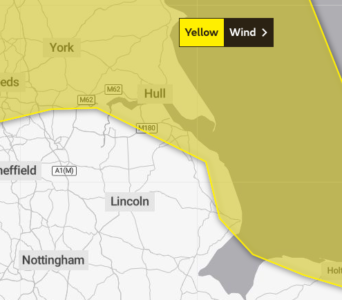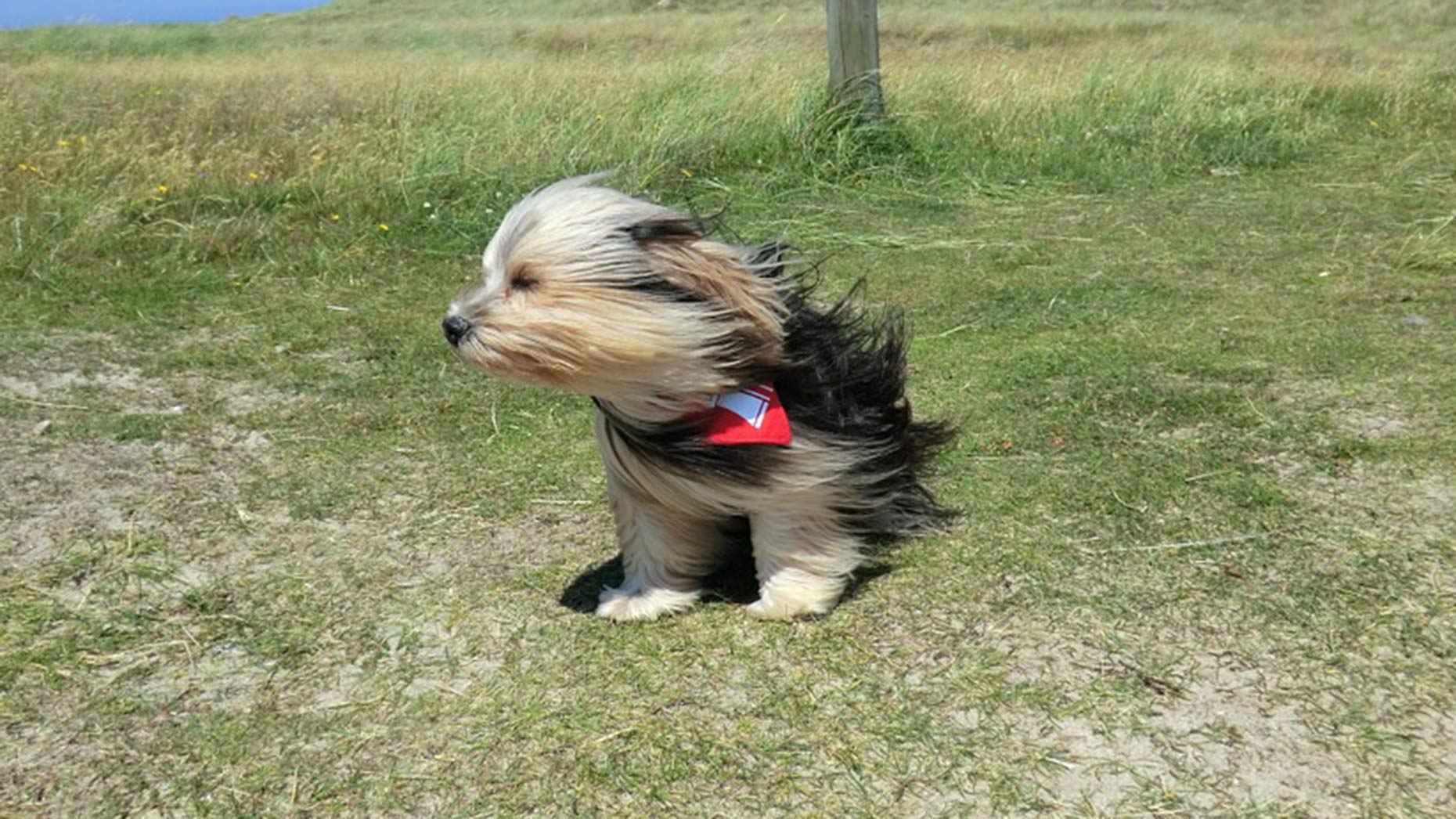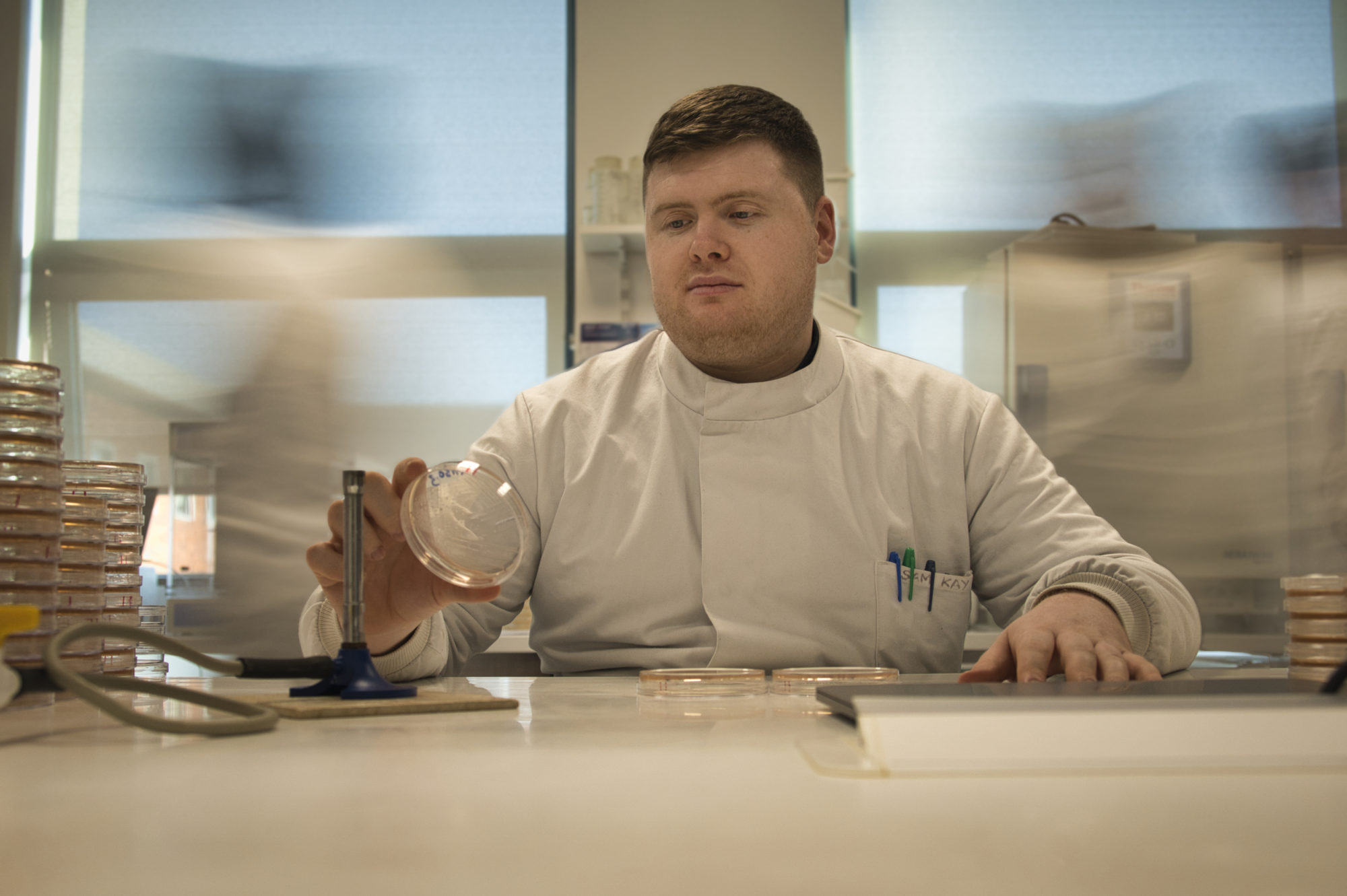Lincolnshire has been warned to expect high wind and some travel disruption as Storm Malik gives way to Storm Corrie.
The Met Office has issued a yellow weather warning for wind, in place from 3pm on Sunday, January 30 until 12am on Monday.
The storm is likely to cause some disruption, particularly in coastal areas.
People in the north and east of the country have been told to expect road, rail and air disruption, possible power cuts, damage to buildings and a risk of injury.

A Met Office yellow weather warning for wind is in place.
A Met Office assessment reads: “Storm Corrie will bring a spell of very windy weather and high westerly then northwesterly winds to Scotland and parts of Northern Ireland and northern England later on Sunday before winds ease during Monday.
“High winds will reach western Scotland and Northern Ireland during Sunday afternoon and then spread eastwards, the windiest conditions then becoming confined to North Sea coastal areas by Monday morning.
“The strongest gusts will mostly occur around the coastlines and over the hills, with many of these exposed locations expected to see gusts reach 50-60 mph for a time. The highest winds are expected to be over northern Scotland.”







